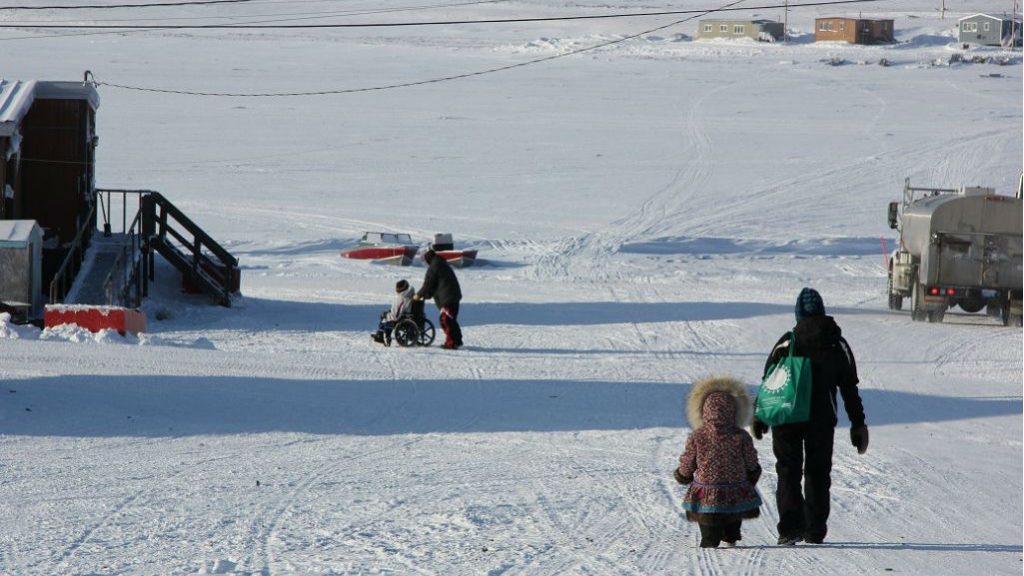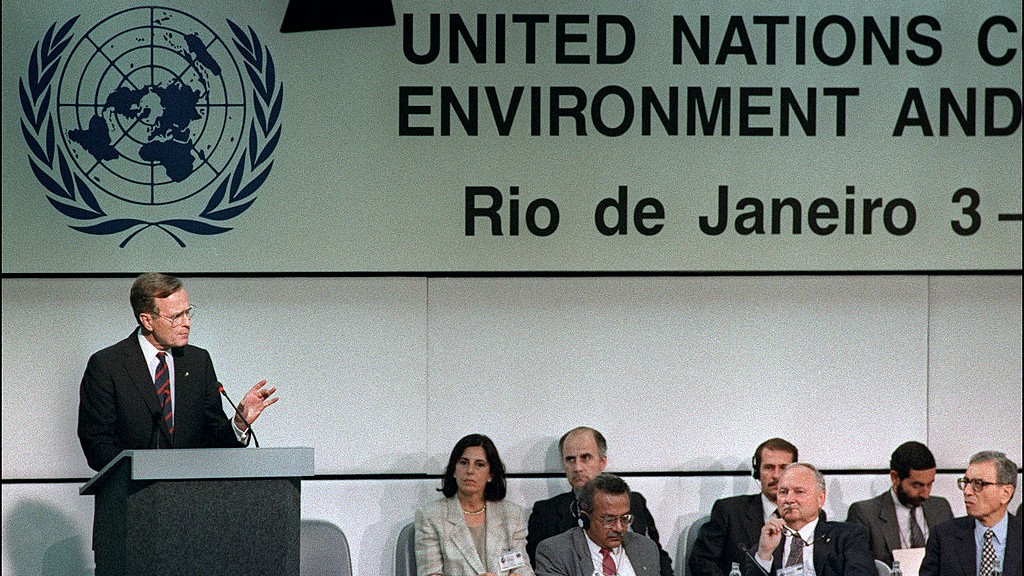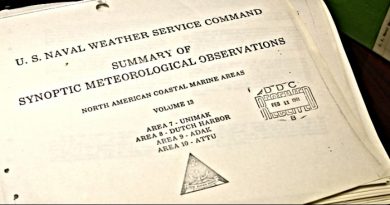Inuit sound alarm after UN biodiversity talks: ‘Stop conflating Indigenous Peoples with local communities’

After the inaugural meeting of a new UN biodiversity body in Panama City last week, the Inuit Circumpolar Council (ICC) says international negotiators are still treating Indigenous Peoples and “local communities” as interchangeable — a pattern the organization argues obscures Indigenous rights at a time when important decisions about global biodiversity policy are being made.
“The continued conflation of Indigenous Peoples with local communities dilutes the rights of Indigenous Peoples and must immediately end,” ICC Chair Sara Olsvig said in a statement, noting that all three UN mechanisms dedicated to Indigenous rights have already called on UN bodies — including the Convention on Biological Diversity (CBD), the UN treaty process under which last week’s Panama meeting was held— to stop using umbrella terms that lump Indigenous Peoples together with other groups.
Olsvig’s comments came after ICC, along with Sámi representatives, attended the first meeting of the new subsidiary body, which is tasked with clarifying how Indigenous knowledge, governance and rights should be reflected in the Convention’s work as countries look ahead to COP17 in Yerevan, Armenia, in 2026.
ICC said its representatives repeatedly pressed negotiators to ensure that Indigenous Peoples are able to fully exercise the rights affirmed in the UN Declaration on the Rights of Indigenous Peoples (UNDRIP), and to avoid language that conflates Indigenous Peoples with other local groups.
The concern is not new.
ICC has been raising alarms for several years about the growing use of “local communities” in international agreements — a term that first appeared in global environmental law during the 1992 Rio Earth Summit and has since worked its way into everything from the Paris Agreement to the Central Arctic Ocean fisheries pact.

ICC argues the term has no clear legal meaning and that treating it as equivalent to “Indigenous Peoples” erodes protections embedded in domestic and international law.
For Inuit, that includes constitutions, modern treaties, and land claims agreements.
ICC described the talks in Panama as disappointing, given the meeting’s role in shaping future Indigenous participation in the biodiversity convention.
“States’ lack of willingness to compromise and negotiate in good faith on the programme of work and modus operandi is disappointing and ICC hopes for a better path forward,” the organization said.
Inuit org urges clearer distinctions in UN biodiversity talks ahead of COP17
ICC Vice-Chair Herb Nakimayak said much more work is needed before countries meet again at COP17.
“The enhanced and equitable participation and meaningful engagement of Indigenous Peoples in the Convention on Biological Diversity is critical for the conservation of global biodiversity,” Nakimayak said.
“Importantly, there must be a recognition and acknowledgement that Indigenous Peoples are not the same as local communities embodying traditional lifestyles.”
ICC represents roughly 180,000 Inuit across Alaska, Canada, Greenland and Chukotka.
Comments, tips or story ideas? Contact Eilís at eilis.quinn(at)cbc.ca
Related stories from around the North:
Canada: Proposed N.W.T. Forest Act acknowledges Indigenous rights to harvest wood, CBC News
Finland: Project seeks to assess respect for Indigenous rights in Sapmi, Eye on the Arctic
Greenland: Facing rapid Arctic warming, Inuit call for full voice in COP30 climate decisions, Eye on the Arctic
United States: Int’l Inuit org releases protocols for researchers, institutions and policy makers in the Arctic, Eye on the Arctic



